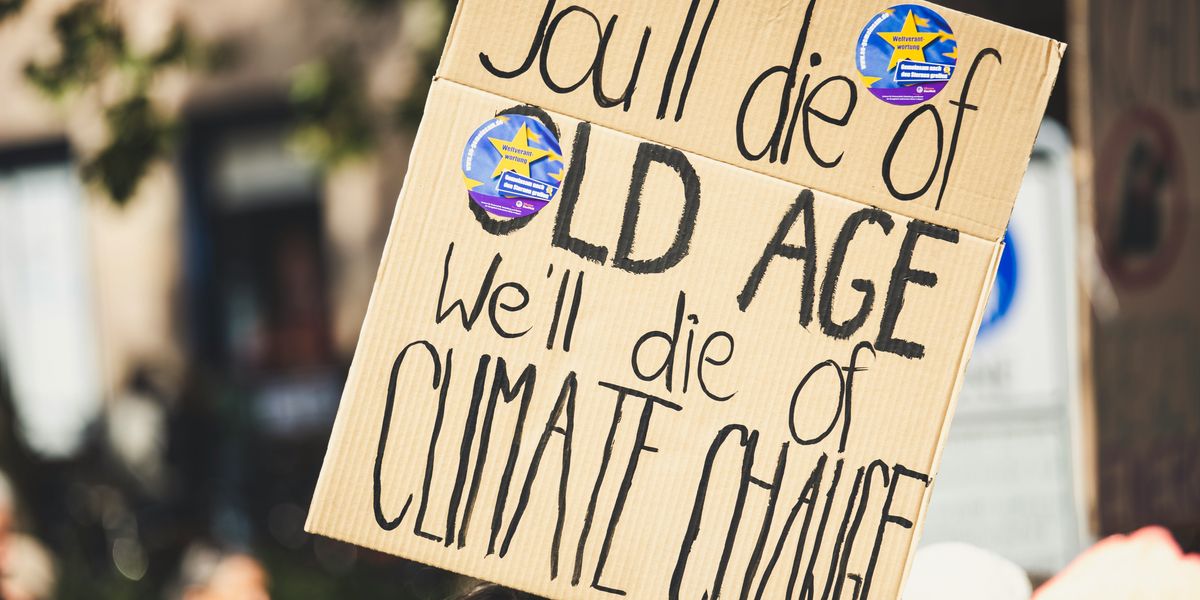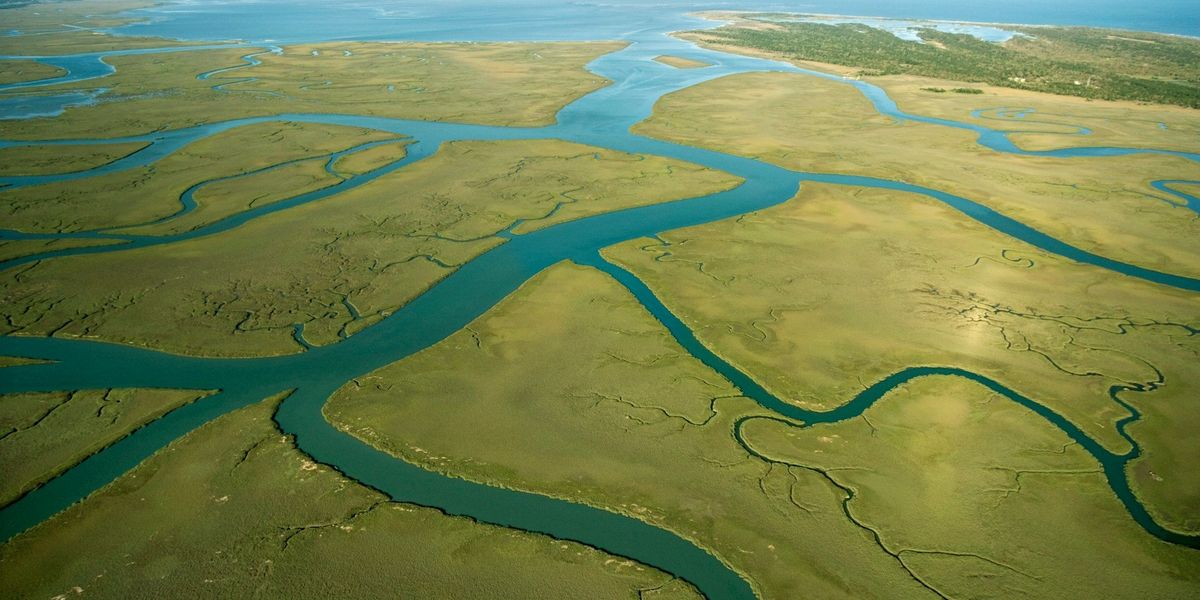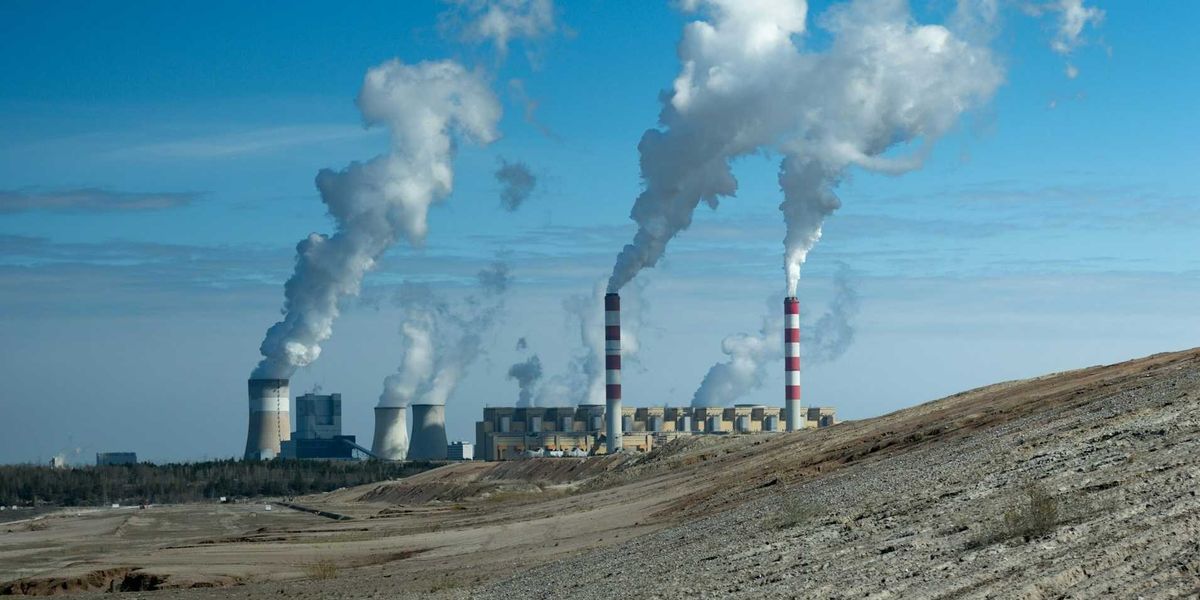Plastic ban in Bangladesh struggles as eco-friendly bags face high costs
Government raids in Dhaka reveal the ongoing failure of Bangladesh’s plastic bag ban, as consumers and businesses continue to rely on cheap, single-use polythene bags.
Mohammad Al-Masum Molla reports for Mongabay.
In short:
- Bangladesh banned plastic bags in 2002 but weak enforcement has allowed widespread use to persist, especially in Dhaka, where each resident discards about 24 kg of plastic waste per year.
- Biodegradable alternatives made from cassava, jute, and potatoes exist, but their higher prices and limited availability hinder consumer adoption and market penetration.
- Government investment in jute-based “Sonali” bags and new retail partnerships for cassava-based bags aim to revive alternatives, but producers face unfair competition from untaxed illegal plastic manufacturers.
Key quote:
“Our main challenge is the price competition against polybag, where we are paying 51% of taxes including import, sales and value added tax [VAT]. Meanwhile, the banned polybag producers — as they are mostly illegal — pay nothing, absolute 0%.”
— Mohammad Raihan, founder and CEO of Ecospear Ltd
Why this matters:
Plastic pollution in Bangladesh has quietly become a full-scale crisis, choking waterways, overwhelming waste systems, and seeping into everyday life. Although Bangladesh was once hailed for its pioneering 2002 ban on plastic bags — a global first — implementation has faltered. Cheap, single-use plastics are back with a vengeance, their popularity driven by convenience, affordability, and limited access to alternatives. Public health experts warn of increasing risks linked to toxic runoff, especially in urban slums where exposure is hardest to avoid. As the environmental load grows heavier with each passing year, so too does the toll on human health, ecosystems, and the country’s ability to adapt to the escalating impacts of climate change.
Related: Bangladesh begins enforcing ban on single-use plastics













